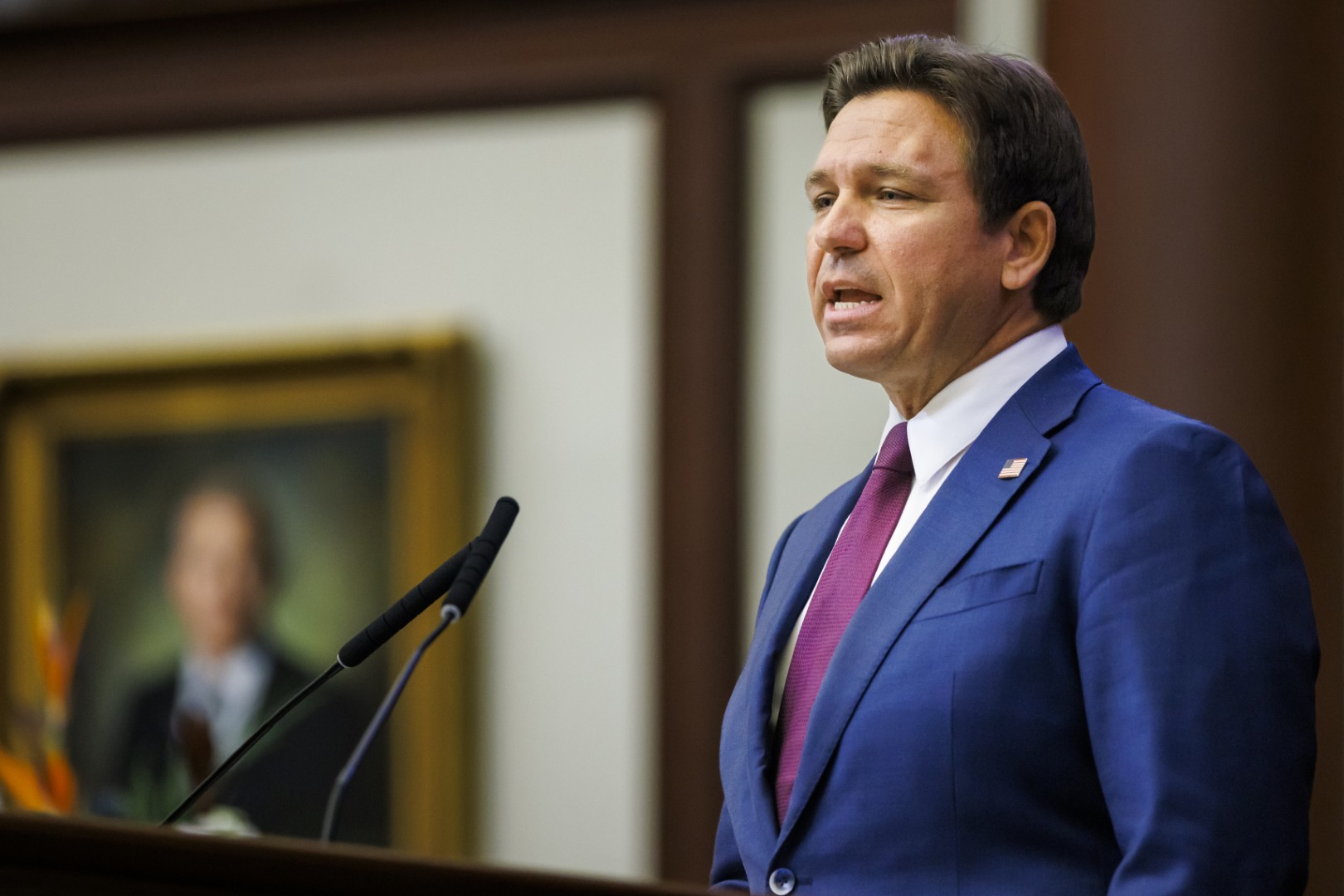U.S. Rep. Anna Paulina Luna is resigning from the House Freedom Caucus, citing betrayal from some of its members over her efforts to pass legislation allowing proxy voting for new parents.
“My goal has always been to work alongside like-minded individuals committed to fighting for the American people and delivering on the promises President Trump campaigned on,” Luna wrote in her letter announcing her departure from the Freedom Caucus, first shared by Punchbowl News founder Jake Sherman on X.
“I have consistently supported each of you, even in the moments of disagreement, honoring the mutual respect that has guided our caucus.”
But she said that respect “was shattered last week” when some members of the caucus worked to block her effort to bring forward legislation allowing new mothers and fathers in Congress to vote by proxy for 12 weeks.
“This was a modest, family-centered proposal,” Luna wrote. “Yet, a small group among us threatened the Speaker, vowing to halt floor proceedings indefinitely — regardless of the legislation at stake, including President Trump’s agenda — unless he altered the rules to block my discharge petition.”
Multiple reports highlighted the infighting. Luna gathered enough member signatures to force a vote on her discharge petition, which are used to circumvent issues blocked by the majority party to get a vote on a bill. But House Speaker Mike Johnson argued that proxy voting violates the Constitution.
Luna had already accused GOP leaders in Congress of making threats to convince members to vote against the proxy voting measure, even bribing some to go along with efforts to block Luna’s discharge petition, according to NPR.
Luna was the 12th lawmaker to give birth while serving in the U.S. House. And in 2023, after the birth of her child, she had sought rule changes to allow new parents to vote remotely. But her efforts were rejected by then-Speaker Kevin McCarthy and now-Speaker Johnson.
Luna is reaching across the aisle on the issue, working with Democratic U.S. Rep. Brittany Pettersen of Colorado, who was the 13th member of Congress to have a baby while in office.
In her letter, Luna called efforts to block her petition more than just “a betrayal of trust,” dubbing it “a descent into the very behavior we have long condemned — a practice that we, as a group, have repeatedly criticized leadership for allowing.”
Luna closed the letter by noting that the discharge petition process will continue to be used, and it “will not dismantle our system — whether it’s for this measure, term limits, election integrity, or anything else.”
“What does threaten our institution, however, is succumbing to the very corruption we pledged to uproot,” Luna wrote. “Sadly, that is what some among us have become. The Constitution entrusts us with a sacred duty to serve, not to manipulate rules for power and to silence dissent. When we abandon that duty, we erode the very foundation we claim to defend.”
While Luna had harsh words for members of her caucus who went against her on the proxy voting issue, she was careful in her letter not to direct her ire at Freedom Caucus Chair Andy Harris.
“Your gentlemanly approach throughout this process has been a model of integrity, and I thank you for it,” she wrote, noting it was “with a heavy heart” that she steps down from the caucus. She also thanked those “who have remained my friends and treated me with respect.”
The House Freedom Caucus is a group of about 40 highly conservative members of the U.S. House. The group has, at times, drawn criticism for being obstructionist. Many of its members were behind opposition to choosing McCarthy as Speaker, which led to his election only after a record-breaking 15 rounds of voting in 2023. Some members were also behind McCarthy’s eventual ouster as Speaker. And the group has put up roadblocks during government spending showdowns.
McCarthy himself has accused the group of being “the ones who have stopped the Republicans from being able to govern,” according to the Hill.
Post Views: 0

 Entertainment8 years ago
Entertainment8 years ago
 Politics8 years ago
Politics8 years ago
 Entertainment8 years ago
Entertainment8 years ago
 Entertainment8 years ago
Entertainment8 years ago
 Tech8 years ago
Tech8 years ago
 Tech8 years ago
Tech8 years ago
 Tech8 years ago
Tech8 years ago
 Politics8 years ago
Politics8 years ago









